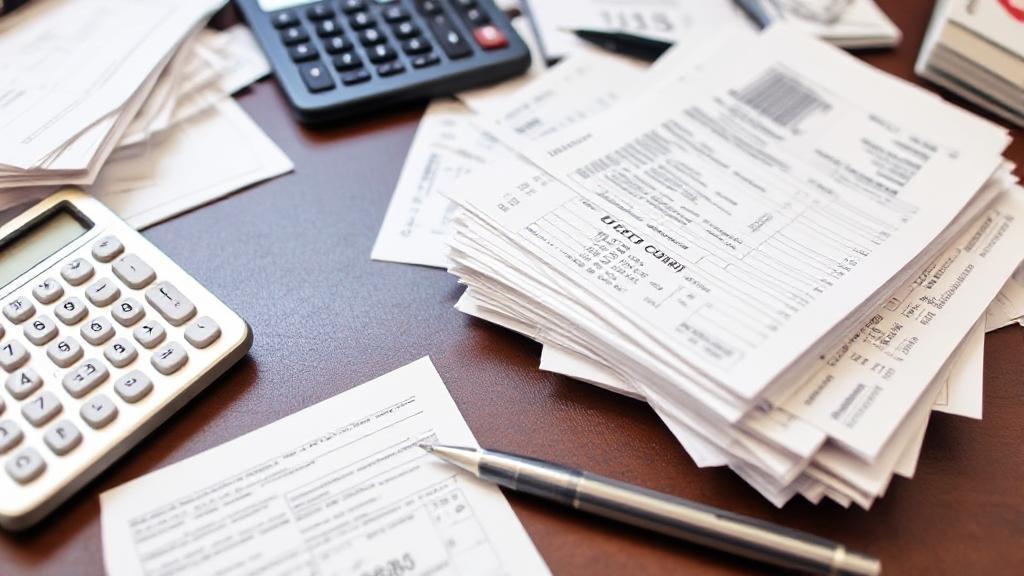Understanding Tax Deductions
One of the primary reasons to keep grocery receipts is to take advantage of potential tax deductions. Although groceries are generally not deductible for personal use, there are specific scenarios where they might be relevant.
Business Deductions
If you're self-employed or run a business from home, certain grocery purchases may qualify as legitimate business expenses, such as:
- Refreshments for client meetings
- Food items for business events
- Supplies for product testing or development
- Ingredients used in a home-based catering business
According to the IRS guidelines on business expenses, these items must be "ordinary and necessary" for your business operations to qualify for deductions.
Medical Expenses and HSA Claims
For those with Health Savings Accounts (HSAs) or Flexible Spending Accounts (FSAs), certain grocery items may be eligible for reimbursement, including:
- Gluten-free products (with proper medical documentation)
- Special dietary foods prescribed by healthcare providers
- Specific supplements recommended by medical professionals
"It's important to note that the difference in cost between regular foods and their specialized alternatives may be deductible," explains Healthcare.gov.
Charitable Contributions
When donating groceries to qualified organizations, keeping receipts is crucial for:
- Documenting the fair market value of donated items
- Proving the date of contribution
- Supporting charitable deduction claims
For more detailed information on what qualifies as a deductible expense, you can refer to the IRS guidelines on charitable contributions.
Record Keeping Best Practices
Digital Storage
Consider using receipt management apps such as:
- Expensify
- Receipt Bank
- Evernote
- Shoeboxed
These tools can help organize receipts by:
Physical Storage
If you prefer paper records, implement a system using:
- Labeled folders by month
- Clear plastic sleeves
- Filing cabinet organization
Record Retention Guidelines
The IRS recommends keeping tax-related receipts for at least three years from the date you filed your return or two years from the date you paid the tax, whichever is later. However, in some cases, records should be kept longer:
- 7 years for filing a claim for loss from worthless securities
- 6 years if you underreported income by more than 25%
- Indefinitely if you filed a fraudulent return
Additional Benefits
Beyond tax purposes, keeping grocery receipts can help with:
- Budget tracking and financial planning
- Price comparison analysis
- Product warranty claims
- Return verification
- Expense monitoring
- Meal planning
- Identifying spending habits
For more tips on managing your finances, check out resources like NerdWallet, Investopedia, or visit the IRS website for the most current information on tax regulations and deduction eligibility.
